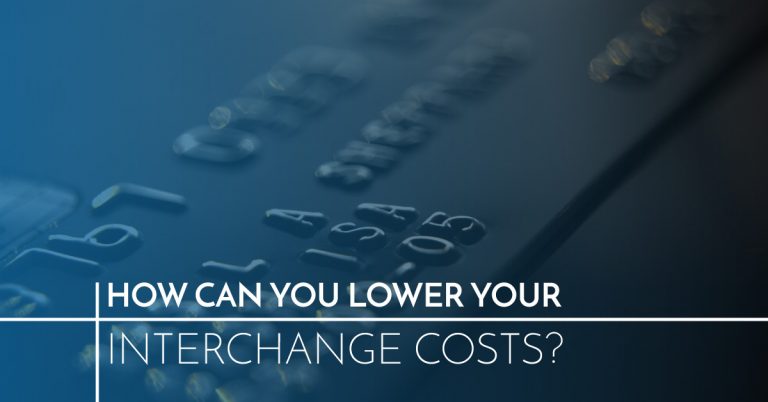No matter how comprehensively you understand the world of payment processing, chances are good you understand that it’s full of important policies that can be easy to miss if you aren’t an expert. Just understanding the processes completely can be a formidable challenge. The good news is, you can stay in the know by doing your research and putting in the time to understand. If you find yourself too busy to get deeply into the nitty-gritties, you can hire an expert to help you out.
In our last blog, we introduced interchange fees and discussed their benefit to you as a merchant. Interchange covers fees that accrue when a charge is transformed into a cash deposit into your account. We mentioned that interchange is different depending on the size of the charge, but just how does that work?
HOW AN INTERCHANGE FEE IS DETERMINED
Several different factors affect the size of an interchange fee, including the merchant’s industry, the method of accepting card payment, the type of card, and the size of the transaction. To clarify how this works, here are some examples of things that affect interchange:
- Was the payment entered manually rather than by swipe? The interchange will be higher, because the lack of swipe data increases the risk of fraudulent transactions.
- Was payment made with a debit card? The interchange will be lower because the transaction isn’t as risky.
- Was payment made with a rewards card? The interchange will be higher, because it funds the reward program.
- Was payment made with a commercial card? The interchange will be higher in order to fund rewards programs, reporting, and spending controls.
Now that you have a bit more insight into how interchange fees work, we invite you to contact us and learn more about how we put your interests first. We are proud to stand out among payment processing companies as the best!


